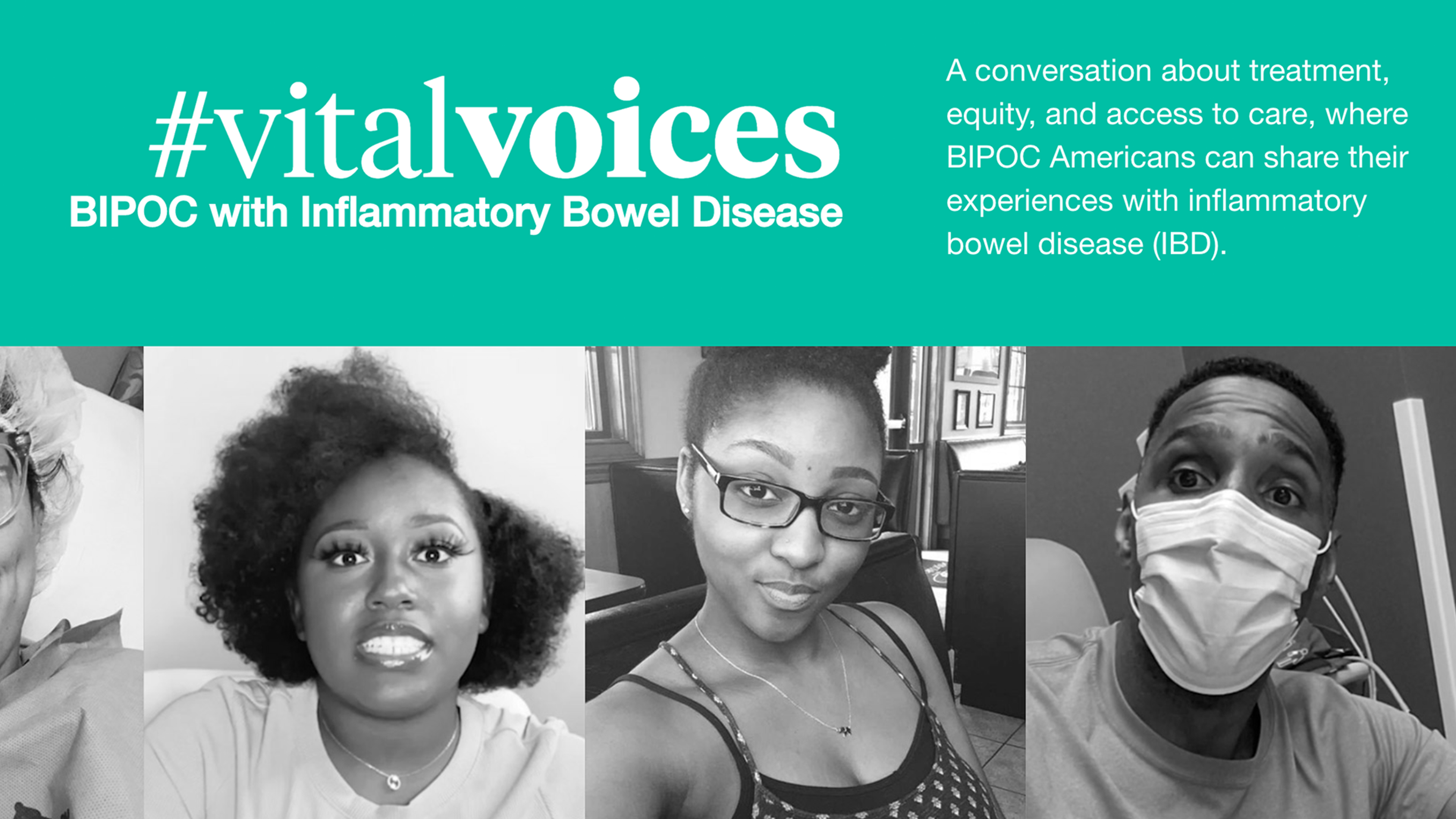Ulcerative colitis (UC) and Crohn's disease are the two main types of inflammatory bowel disease (IBD). In addition to impacting a person’s physical health, IBD can also impact mental and emotional wellbeing.
Flare ups can be unpredictable. Symptoms can be painful, uncomfortable, and embarrassing. There is no cure for IBD, and the condition requires ongoing (and often vigilant) management. People with IBD often find the condition interferes with normal life, such as work, socializing, and romantic relationships. They may feel embarrassed or experience feelings of low self-esteem. They may feel burnt out, frustrated, and exhausted from all the work that goes into managing IBD.
To make matters worse, there is evidence that stress can also trigger IBD flares, causing symptoms to get worse.
If you are living with IBD, your mental and emotional wellbeing should be a focus of treatment and management. Meditation is one activity that may help you cope with feelings like stress, uncertainty, embarrassment, low self-esteem, and other negative emotions that can occur alongside IBD.
What is meditation?
Meditation refers to the practice of using specific techniques to train awareness, attention, and perspective. There are many different types of meditation practices—mindfulness meditation and yoga are popular, but there is also music meditation, walking meditation, and meditation that features spiritual elements.
Meditation and illness
Meditation can be incorporated into treatment for a wide variety of conditions—high blood pressure, mental health conditions like anxiety and depression, and inflammatory disorders. For people with IBD, meditation has been associated with improved symptoms, lower anxiety, and better quality of life. Meditation can also reduce stress, which may in turn help reduce inflammation, as stress has been shown to contribute to inflammation.
Benefits beyond disease management
In addition to helping with ulcerative colitis, meditation may benefit other areas of your life. Regular meditation practice can help you regulate your emotions, increase your self-awareness, help you become more patient with loved ones, increase creativity, and offer ways to manage and reduce stress.
Focusing on a healthy lifestyle
Along with meditation, maintaining an overall healthy lifestyle is important to managing your IBD symptoms.
- Focus on nutrition. This means avoiding foods that cause flare-ups, such as dairy and high fat foods, and figuring out which foods will provide the proper amount of nutrition and keep your gut healthy. It may also mean eating 4 to 5 smaller meals per day, instead of 2 or 3 larger ones.
- Avoid alcohol, tobacco, and caffeine.
- Exercise regularly to strengthen your immune system, maintain a healthy weight, and reduce stress. It may be difficult to work out during a flare-up, so pay attention to how you feel—on rough days, keep your exercise light.
- Connect with a therapist to discuss your struggles and find healthy coping strategies.
- Consider joining a support group to talk to others who understand the stress of living with a chronic inflammatory condition.
Remember that meditation is not a substitute for medical treatment. UC and Crohn’s disease are complex disorders that require treatment from healthcare providers who specialize in treating IBD. The preferred approach to treating IBD is working with a multidisciplinary team that includes specialists who can address the different aspects of your care. There is no one-size-fits-all approach to treatment—it’s a different experience for each person, and it’s important that your treatment plan addresses your specific symptoms and needs.






